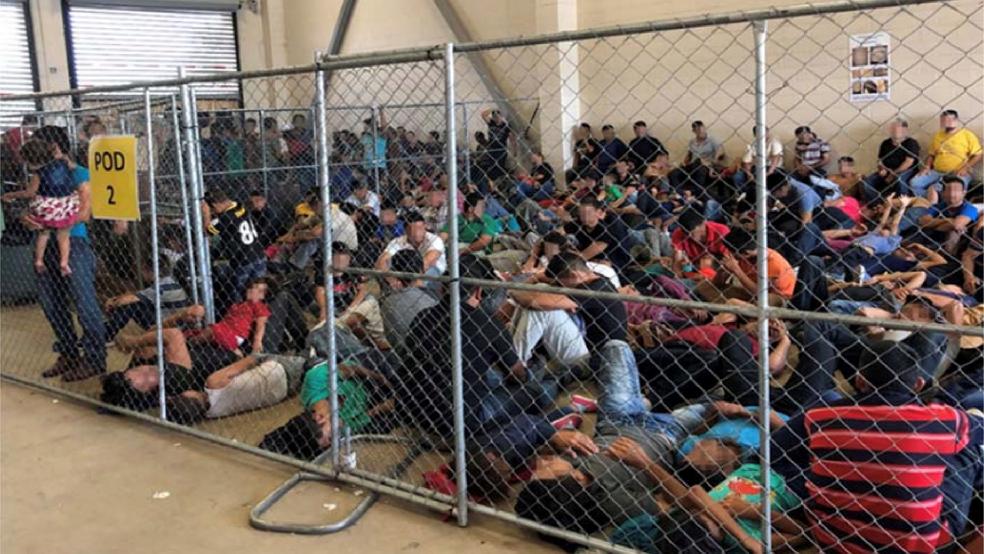Former President Donald Trump’s plan to raise tariffs on imported goods and deport millions of undocumented immigrants would be a double whammy for the U.S. economy, reducing economic growth while reigniting inflationary pressure, according to a new analysis released Thursday by the nonpartisan Peterson Institute for International Economics.
In their analysis, the trio of economists – Warwick J. McKibbin, Megan Hogan and Marcus Noland – considered different scenarios suggested by Trump’s proposals, including the deportation of more than 1 million migrants, the imposition of 10% higher tariffs on all imported goods (60% for those from China), and the weakening of the ability of the Federal Reserve to respond independently to changing conditions. In virtually all scenarios, the analysts found that the U.S. economy would be worse off with the Trump policies than without.
“We find that ironically, despite his ‘make the foreigners pay’ rhetoric, this package of policies does more damage to the US economy than to any other in the world,” the analysts wrote.
In one scenario, the U.S. deports 1.3 million people and raises tariffs without retaliation from other countries, starting in 2025. This produces a decline in employment of 2.7% by 2028 relative to the baseline, with prices rising 6% by 2026.
In a more drastic scenario, the U.S. deports 8.3 million people and other countries retaliate with higher tariffs of their own. This produces a decline of employment of 9% by 2028 relative to the baseline, with prices rising 9.3% by 2026.
The analysts found that the most harmful policy proposal would be deportation. Falsely claiming that immigrants are “stealing” jobs from Americans, Trump has called for deporting 15 to 20 million people. One of the paper’s authors told CNN that mass deportation would cause a shock to the economy similar to the one experienced during the pandemic.




